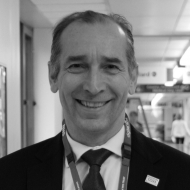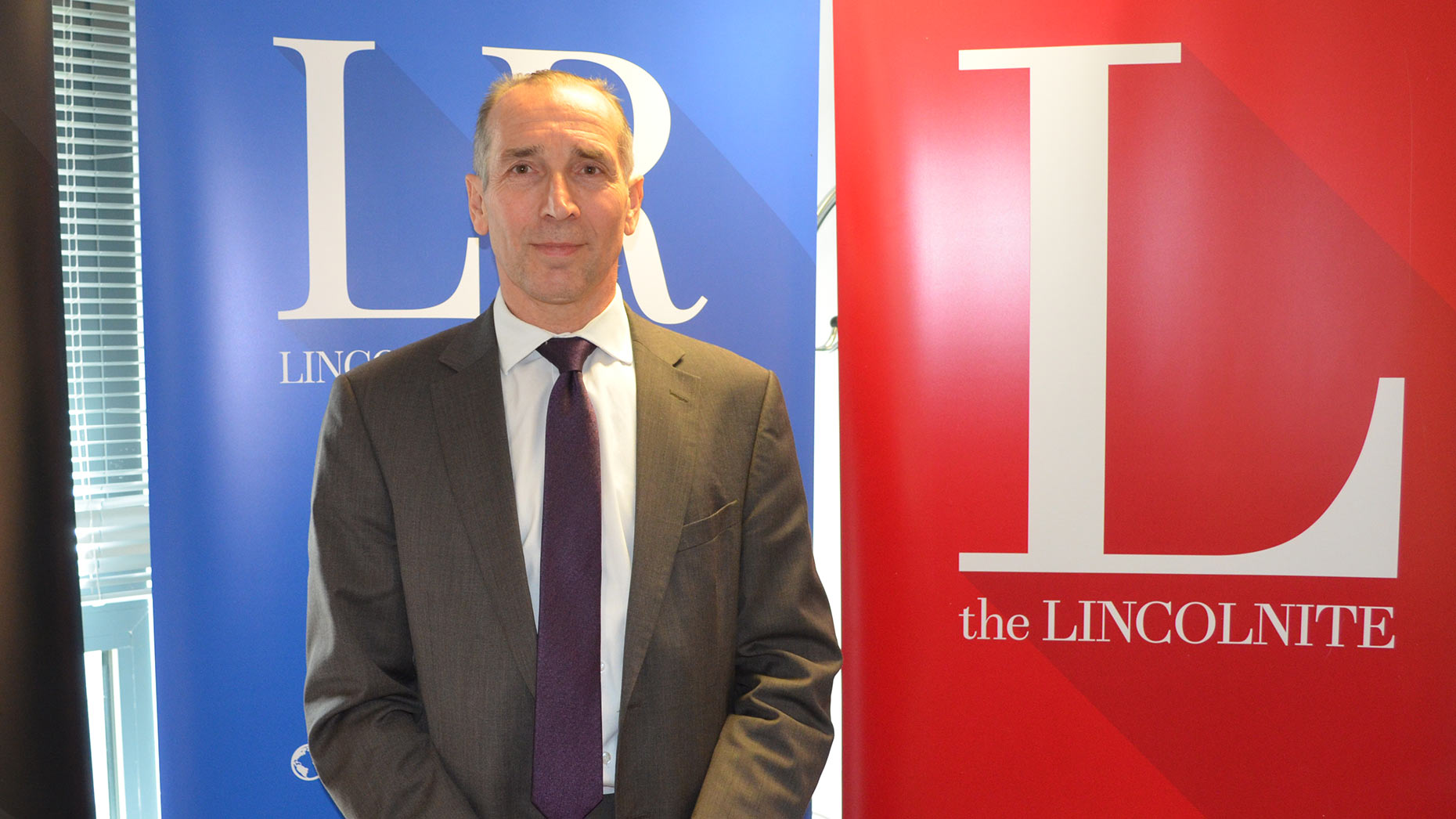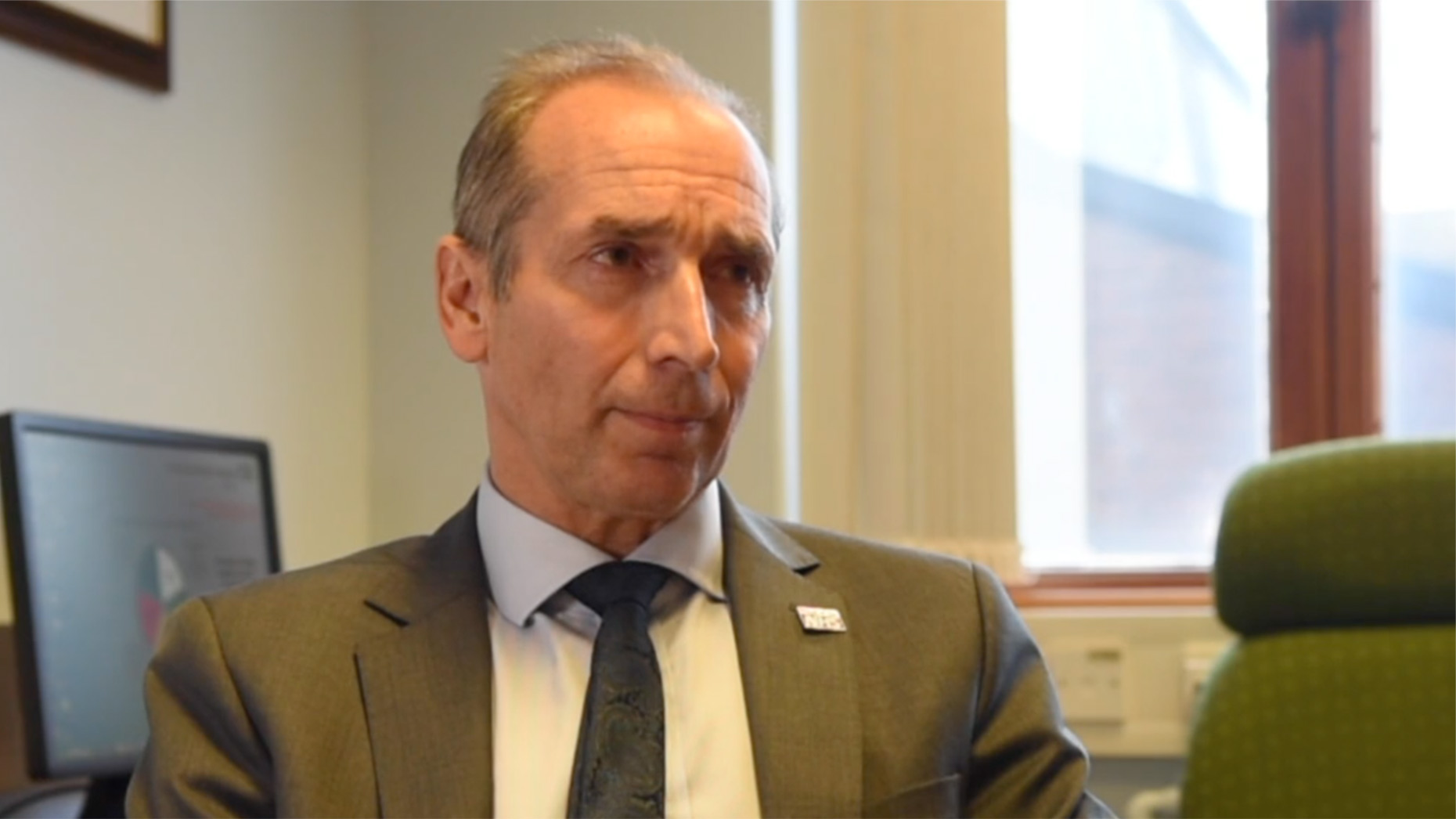The last 12 months have been a real challenge for everyone at United Lincolnshire Hospitals NHS Trust, but with these difficulties have come opportunities for us to look at where we are and where we want to be in the future.
We have a vision for ULHT to be great and deliver excellence in rural healthcare. Our ambition is that by 2021, all our care will be high quality and the trust will be an even better place for staff to come and work.
The launch of our 2021 roadmap earlier last month sets out this vision and how by health and social care working better together we will become a different Lincolnshire and a great ULHT.
The roadmap focuses around our five big priorities: improving quality and safety; redesigning our clinical services; saving money and improving our environment; delivering productive services and developing our workforce to meet future needs.
I am pleased to report that since being put in quality special measures in March we have done much to turnaround the quality of our services.
Amongst our many improvements the numbers of doctors and nurses working for us are now higher than a year ago and the number of patients waiting over 12 weeks for a first outpatient appointment has halved.
We’re also implementing our plans for how our services are staffed in keeping with our intent to nurture, upskill and create an enthusiastic and home grown workforce – something which is vitally important to us for the future.
We offer full career paths such as nursing cadet, occupational therapy and physiotherapy apprenticeships and we were one of the first Trusts in the country to employ nursing associates – helping to bridge the gap between healthcare support workers and registered nurses. We also have a range of more advanced clinical roles who can offer expert guidance and treatments.
Our full, detailed 2021 strategy is expected to be published in the spring, and over the next few years, these changes will lead to better health, quicker access to tests and treatments, fewer cancellations and better hospitals for the people of Lincolnshire.
Earlier this month our trust board made the difficult decision to follow the recommendations in the independent clinical senate’s report, which was commissioned by NHS Improvement, and keep Grantham A&E closed overnight.
I would like to reassure everyone that we remain committed to Grantham Hospital, but patient safety will always be our only priority.
Looking back over the last year we have also:
- Invested £2.1 million in the refurbishment of our neonatal unit for premature and unwell babies at Lincoln County Hospital. This was in addition to the upgrade of the women’s health unit at Pilgrim Hospital.
- Helped patients recovering from brain injuries with their rehabilitation with a £900,000 expansion of Ashby ward at Lincoln.
- Given patients the opportunity to have their PET-CT scans for the staging of their cancer at Lincoln, rather than having to travel to Nottingham.
- Offered prostate cancer patients the chance to have robotic surgery thanks to an innovative new partnership with Leicester Hospitals NHS Trust.
- Opened our new bereavement centre at Lincoln County Hospital.
- Carried out upgrades across Lincoln and Pilgrim hospitals to fire alarm panels, fire doors and fire resisting barriers as part of our overall fire improvement programme. We’ve committed to spending £12 million on upgrades this year alone, as part of the overall £40 million investment.
- Engaged with over 3,000 members of the public and staff to help us improve our services.
- People who suffer a heart attack or cardiac arrest in Lincolnshire have a greater chance of survival than most areas of the country, thanks to the innovative work of the Lincolnshire Heart Centre. Since it opened in 2013, more than a thousand lives have been saved by the specialist centre treating patients rather than other hospitals in the county.
- ULHT’s clinical research facility at Pilgrim Hospital celebrated its first birthday. Last year across the trust, almost 2,000 people took part in 198 trials.
- Nine out of 10 patients surveyed said they would recommend ULHT to a friend or family member. We also saw the number of compliments received outnumber complaints by 22:1.
As we enter what is predicted to be our busiest period on record, I would like to take this opportunity to remind people to use our services appropriately so as not to increase the pressure on our staff. Please only visit our A&Es with serious or life threatening illnesses.
In order to stop the spread of infections please stay at home if you have had diarrhoea, vomiting or ‘flu-like’ symptoms in the last 72 hours.
As an organisation our biggest strength is our staff and despite the challenges 2017 has presented, I have been overwhelmed by their dedication, enthusiasm and resilience. I would like to thank all of our staff for working hard and doing their very best for our patients, and a particular thank you to those working over Christmas and the New Year.
To our staff, patients and the public, I wish you a Happy New Year!







